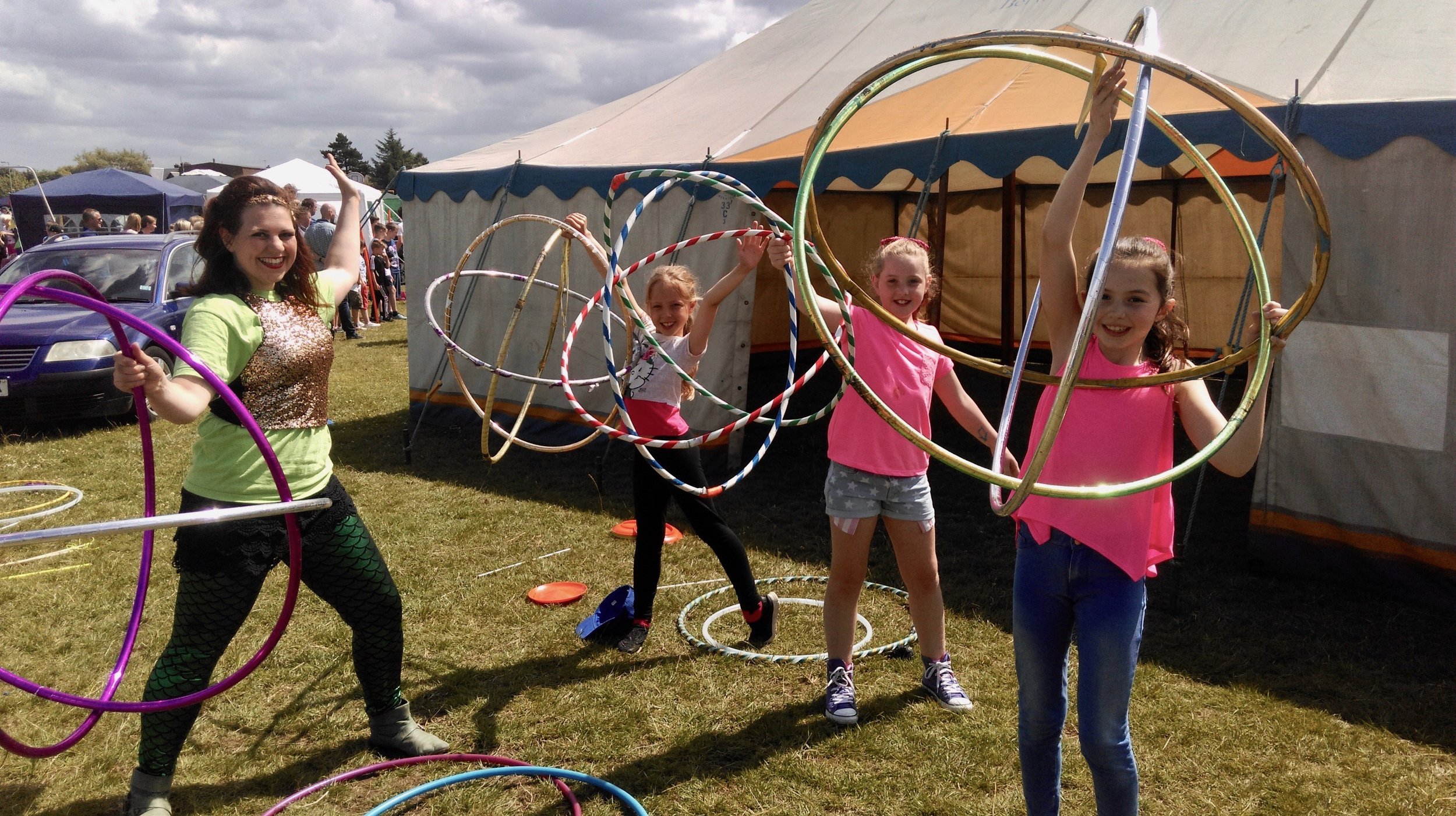Top 10 Reasons Why Learning Circus Skills is Great for Children
In today’s fast-paced world, finding unique and engaging activities for children can be a challenge. One surprisingly effective option is learning circus skills. While it might sound unconventional, circus training offers a range of benefits that support children's development in multiple areas. From enhancing physical fitness to boosting confidence, here’s why introducing your child to circus skills can be a fantastic decision.
1. Improves Physical Fitness and Coordination
Learning circus skills, such as juggling, plate spinning and flower stick, requires and develops significant physical coordination and strength. These activities help children improve their balance, flexibility, and overall fitness. Engaging in regular practice not only promotes healthy physical development but also helps children build a strong foundation for other sports and activities.
Concentration and coordination in practice!
2. Enhances Cognitive Skills
Circus skills training isn't just about physical prowess; it also stimulates cognitive development. Juggling, for example, requires focus and the ability to process multiple stimuli simultaneously. These skills translate into better problem-solving abilities and improved concentration in academic settings.
3. Boosts Confidence and Self-Esteem
Mastering a new circus skill, such as performing a trick or completing a routine, can be incredibly rewarding for children. The sense of accomplishment from overcoming challenges and achieving goals helps build self-confidence and self-esteem. This newfound confidence often carries over into other areas of life, including school and social interactions.
4. Encourages Creativity and Imagination
Circus arts are a vibrant and imaginative field where children can express themselves creatively. From designing costumes to choreographing routines, the process encourages creativity and artistic expression. This kind of imaginative play fosters innovative thinking and helps children develop their own unique style.
Hula hoop routine in the making!
5. Promotes Social Skills and Teamwork
Circus classes often involve working in groups or pairs, which promotes teamwork and social interaction. Children learn to communicate effectively, collaborate with peers, and support each other. These social skills are essential for building positive relationships and functioning well in team environments.
6. Teaches Perseverance and Resilience
Circus training is full of challenges and setbacks. Children learn that success requires practice and persistence. Overcoming difficulties and mastering a skill builds resilience and teaches the value of hard work and dedication. These lessons are crucial for personal growth and handling future challenges.
7. Improves Focus and Attention
Performing circus tricks demands a high level of focus and attention to detail. Children must pay careful attention to their movements and surroundings. This enhanced focus can improve their ability to concentrate in other areas, such as schoolwork and daily tasks.
8. Provides a Healthy Outlet for Energy
Children often have abundant energy, and circus skills provide a productive way to channel it. Activities like Diabolo and bubbles are physically engaging and offer a fun alternative to sedentary activities. This active engagement helps keep children physically fit and mentally stimulated.
You can still hear the giggles!
9. Builds Discipline and Routine
Circus training involves regular practice and adherence to routines, which fosters discipline. Children learn the importance of commitment and the benefits of maintaining a structured approach. This sense of routine can positively impact other areas of their lives, including academic and personal goals.
10. Creates Fun and Memorable Experiences
Perhaps one of the most rewarding aspects of learning circus skills is the joy and excitement it brings. Participating in performances and showcasing their skills at events provides children with memorable experiences and a sense of accomplishment. These fun moments can become cherished memories and encourage a lifelong love of learning.
Conclusion
Incorporating circus skills into your child's activities can provide a range of benefits, from improving physical fitness to enhancing social and cognitive skills. The unique combination of fun and developmental advantages makes circus training an excellent choice for nurturing well-rounded, confident, and creative children. So, why not consider introducing your child to the exciting world of circus arts and watch them flourish in ways you might not have imagined?
SOURCES
(Juggling 'can boost brain power' - BBC)
(Building Resilience by Becoming a Circus Artist)
(Circus Arts as Expressive Arts Therapy)
(How Kids Benefit from Learning Juggling)
(Culpepper, J. & Stuckey, M. I., (2024) “Perseverance”, Circus: Arts, Life, and Sciences 2(2). doi:)
(Benefits of Circus - UCD Juggling Society)
(Circus Activities as a Health Intervention for Children, Youth, and Adolescents)
(Wellbeing Effects from Social Circus)
(An exploratory analysis of psychological factors influencing circus performers)




